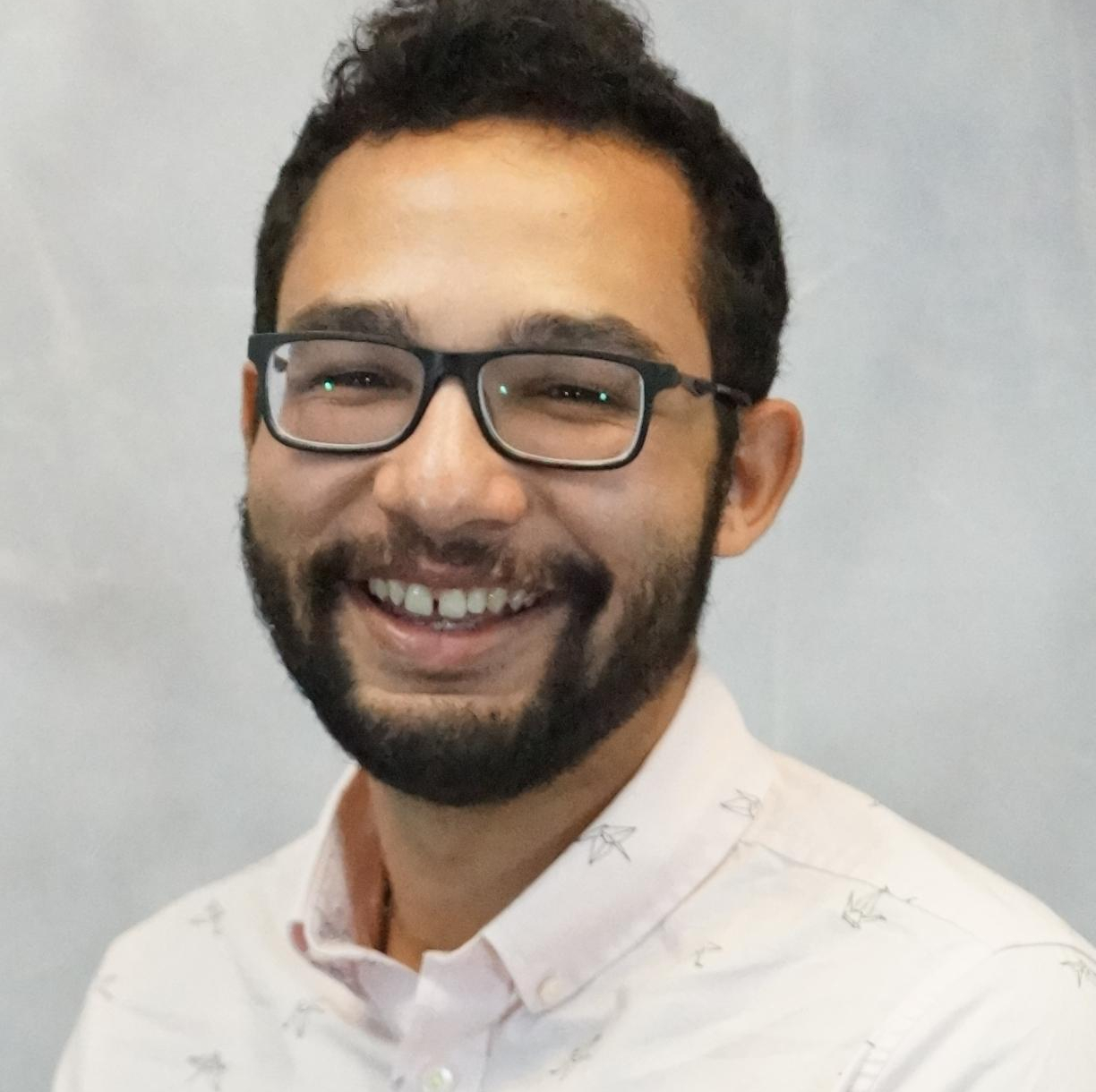Forum Summary: The Work in Southeast Asia
Author: Ryan Price | Student, Living Education 2021-22
Estimated Reading Time: 4 minutes, 24 seconds.
Mr. Rajan Moses is the regional pastor for Southeast Asia.
He used his Forum to talk about the congregations in seven different countries he oversees: Malaysia, Singapore, Thailand, Indonesia, Myanmar, India, and Sri Lanka. Each country has its own set of challenges, but Mr. Moses does not let this discourage him. He explained to the LE students the many ways God has opened doors for the Church and gave them a unique look into the Southeast Asian Work.
Malaysia
Mr. Moses lives in Malaysia, an Islamic-majority country. With only approximately 10% of the country identifying as Christian, the Church in Malaysia faces many difficulties in preaching the gospel. Christianity is not illegal, but it is illegal for Malays to convert to Christianity, and for Christians to proselytize. As a result, we cannot broadcast the telecasts or promote our magazine through normal channels. Still, God has provided a way to spread His word through the internet—He has opened a fantastic door in the form of a Malaysian Church Facebook page. Starting in October last year, we began to advertise the booklets and magazines on the page and the response has been very good. The subscription rate has gone up to over 2000 subscribers in the last two years. Before then the page had only around 100 subscribers. This has brought many potential members in contact with the Church, and God willing, will continue to yield fruit.
Thailand
There is a big job to do in Thailand. Being a Buddhist country, many of the restrictions in Malaysia apply here as well. We can’t broadcast on radio or TV, but we still are able to distribute booklets and magazines. We’ve also started another Facebook group and have gained over 400 subscribers so far. The Church is able to function in an official capacity with the recent government approval of a foundation that helps in community service, and we have created an online curriculum for the members in Thailand, teaching them English and computer courses, among other things.
Singapore
In Singapore, we only have two members in the country. Mr. Moses keeps in contact with them and serves them as he can.
Indonesia
Indonesia is the most religiously tolerant of the Southeast Asian countries, and is home to about 28 members, with whom Mr. Moses conducts weekly Bible studies. Unlike the afore mentioned countries, Indonesia’s culture of religious tolerance is reflected in mainstream church buildings standing right beside Muslim mosques. On the other hand, Indonesian schools require all students to attend a half day of classes on Saturdays, which has caused difficulties for the children of some of our members. To make up for this, the congregation has started a homeschool program to help the children study.
India
We have two congregations in India, and there is a small work being done there. Expansion is in the works in the form of a new Indian website and the beginnings of an effort to translate the magazines, booklets, and telecasts into Hindi—the native language of India. So far, the magazine in India has a sizeable readership. Mr. Moses put it this way, “We are sowing the seeds, and God is the one who’s going to do the harvesting.”
Myanmar
There are two congregations in Myanmar. Unfortunately, the pandemic lockdown has been hard on the country, restricting travel to and from it, but thankfully the members haven’t let the restrictions get them down. The brethren continue to hold online services every week and also conduct online Bible studies. Many of the brethren in Thailand originally came from Myanmar. In the ’80s, when Myanmar was taken over by its military, many of the brethren fled to Thailand as refugees. The Church helped them get settled in Thailand where they reside today.
Sri Lanka
So far, we only have seven members in Sri Lanka. Not much work is being done there for the time being, but we continue to fill the literature orders for the brethren. Like Thailand, Sri Lanka is also a Buddhist country. The people of Sri Lanka don’t want any other religion there. The government constantly wants to know what the church is doing. When we were registering the church there, they got the idea from Deuteronomy that we would try to destroy their idols and at first would not let us register. Eventually, God worked it out. We have been struggling with the government for a while now. Fortunately, things have calmed down a bit recently, but after this pandemic, we don’t know what might happen.
There have been many challenges, but the Work continues. With the Indian website in the works and the success of the Facebook groups in advertising the booklets and magazines, God willing, there will be continued growth in Southeast Asia.
This post is part of our series of student-written content for LivingEd-Charlotte. These summaries cover topics originally presented by our faculty and guest speakers in our weekly Forum and Assembly. For more Assembly-related content check out our Second Thoughts posts.

